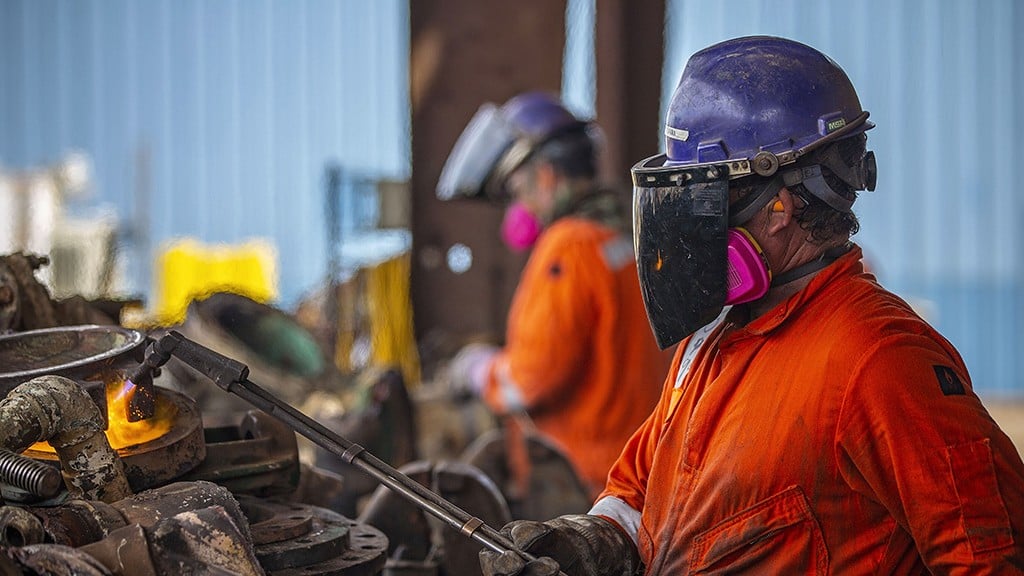Port of Brownsville becomes only American port with EU ship recycling accreditation

The Port of Brownsville, the only deepwater seaport directly on the U.S.-Mexico border, is now the only American port with a tenant accredited to dismantle and recycle European-flagged ships.
The Port of Brownsville is already one of the largest ship recycling centres for US-flagged ships and military vessels, but the EU-based recognition creates a broad range of new opportunities for international ship owners, as well as major manufacturing companies that depend on large volumes of recycled high-quality steel and other metals. Notably, Brownsville is also the largest shipper of steel into Mexico and the closest port to Mexico's industrial complex in Monterrey, a global manufacturing base for automobiles, appliances and consumer goods.
International Shipbreaking, a tenant at the Port of Brownsville and part of EMR Metal Recycling, recently achieved the only US-based European Union Ship Recycling Regulation (EU SRR) accreditation after investing $30 million in compliant infrastructure.
"We have just received and safely moored our first EU ship recycling project, the MT Wolverine," said Chris Green, senior manager at International Shipbreaking Ltd. "There is a big future in this industry and, over the past year we have seen three times the number of inquiries from EU ship owners. This indicates the shipping industry is taking more responsibility for how their ships are recycled, rather than using the South Asian shipbreaking beaches."
With approximately 40,000 acres of land available for development and 17 miles of waterfront access, the port offers the recycled metal a direct route to non-congested international bridge crossings and rail connections.
"Shipbuilding and ship recycling are found nowhere else in Texas. It's in our DNA. The new accreditation not only opens doors for new activity at the port but also positively impacts the whole local economy, which thrives from these good paying jobs," said Port Director and CEO Eduardo A. Campirano.

